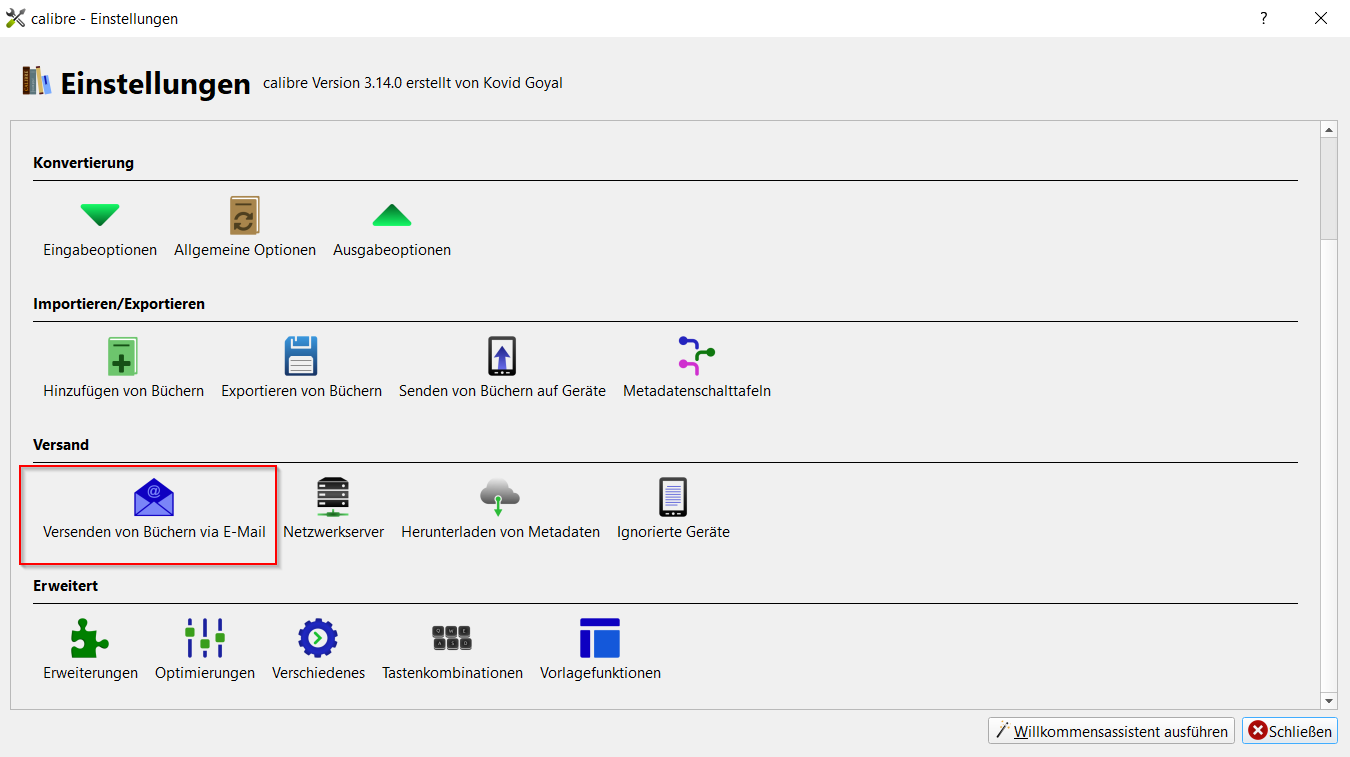
Las evidencias provenientes de estos estudios generalmente se atribuyen a conflictos entre grupos, donde los protagonistas son, usualmente, hombres. Sin embargo, las investigaciones acerca de la violencia son escasas para el periodo Formativo del norte de Chile (1000 aC-900 dC). La violencia ha sido una temática ampliamente estudiada en las sociedades andinas. The osteobiography of this woman reflects a context characterized by an increase in inequality and social complexity, whereby physical violence could be used as a mechanism of internal regulation and exercise of power during the Formative period. Her death is unusual because there are no previous bioarchaeological records of lethal violence against women in the Tarapacá region. Results of our bioanthropological characterization, cranial trauma analysis, carbon and nitrogen isotope analysis, and recording of the funerary offerings suggest she was a local member of the Formative community buried in the Tarapacá 40 cemetery and that she suffered intentional lethal lesions. We reconstruct her life and death in the context of this era's social and political conditions. Here, we present the case of an adult female recovered from the Tarapacá 40 cemetery (Tarapacá region, Chile) displaying lesions suggestive of trauma. Evidence from these investigations is generally interpreted as interpersonal violence, whose protagonists are mostly men.

However, studies about violence are scarce for the Formative period of northern Chile (1000 BC–AD 900).

Physical violence and social conflict have been widely studied in the ancient societies of the Andes.


 0 kommentar(er)
0 kommentar(er)
